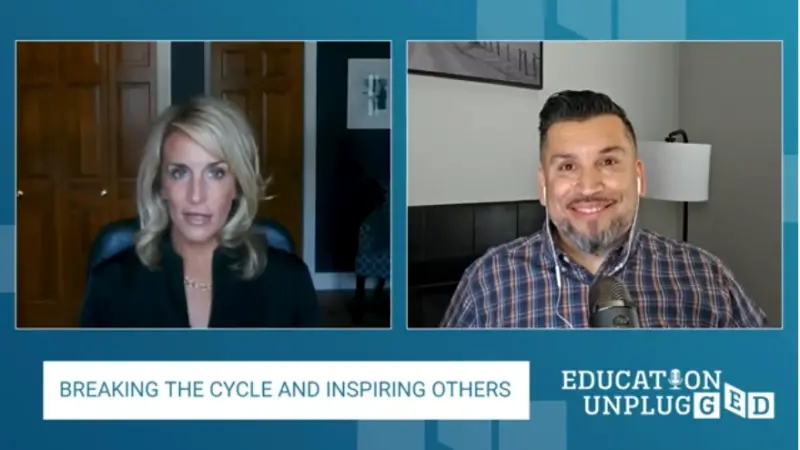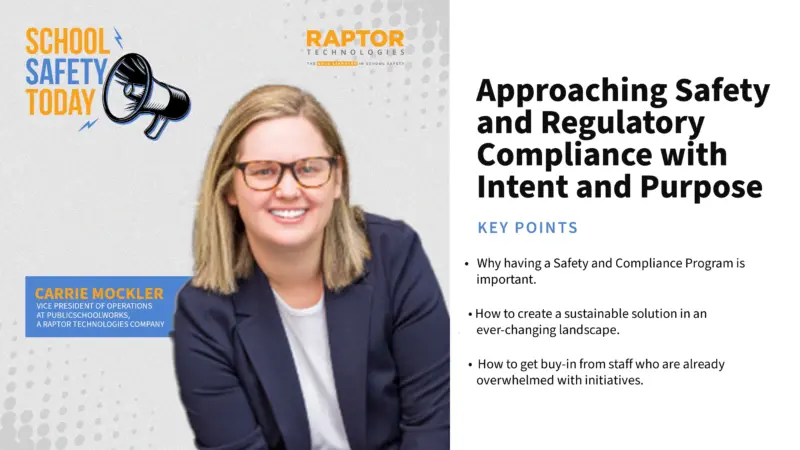Equipping Teachers with Automated Tools to Focus on Engagement
Automated tools in education allow teachers to focus on engagement with students in new ways. Technology integration in classrooms is nothing new, but since the pandemic, more automated tools are available for teachers than ever before.
The focus is now on how automated tools can help teachers concentrate more on student engagement than administrative tasks. With the rise of artificial intelligence (AI) in various sectors, its application in education is a hot topic. A recent study by eSchool News found that 48% of educators see the potential for AI to facilitate student learning.
How can AI tools help teachers create a more engaging and personalized learning experience for students today?
In this episode of The Future of Education, host Michael B. Horn is privileged to speak with Hardeep Gulati, CEO at PowerSchool, and Marcy Daniel, Chief Product Officer at PowerSchool. Their discussion revolves around integrating AI in education, focusing on how PowerSchool equips teachers with automated tools to enhance student engagement.
Horn, Gulati, and Daniel cover the following during their conversation:
- The evolution of PowerSchool from a student information system provider to a holistic provider of end-to-end education solutions
- The vision for integrating AI into PowerSchool’s roadmap to enhance personalized education
- The collaboration with Microsoft to embed generative AI into PowerSchool’s teaching tools
Hardeep Gulati, CEO of PowerSchool, has been instrumental in transforming the company from a student information system provider to a comprehensive education technology platform. Marcy Daniel, the Chief Product Officer at PowerSchool, has a rich background in product management and strategy, and she plays a crucial role in driving the company’s product vision and roadmap.



